 NERC introduced demand management measures in 2012. These were revised in 2015 to reduce the number and size of applications from research organisations for NERC’s discovery science standard grant scheme. Full details can be found in the BU policy document for NERC demand management measures at: http://intranetsp.bournemouth.ac.uk/policy/BU Policy for NERC Demand Management Measures.docx.
NERC introduced demand management measures in 2012. These were revised in 2015 to reduce the number and size of applications from research organisations for NERC’s discovery science standard grant scheme. Full details can be found in the BU policy document for NERC demand management measures at: http://intranetsp.bournemouth.ac.uk/policy/BU Policy for NERC Demand Management Measures.docx.
As at January 2019, BU has been capped at one application per standard grant round. The measures only apply to NERC standard grants (including new investigators). An application counts towards an organisation, where the organisation is applying as the grant holding organisation (of the lead or component grant). This will be the organisation of the Principal Investigator of the lead or component grant.
BU process
As a result, BU has introduced a process for determining which application will be submitted to each NERC Standard Grant round. This will take the form of an internal competition, which will include peer review. The next available standard grant round is 16th July 2019. The deadline for internal Expressions of Interest (EoI) which will be used to determine which application will be submitted is 29th March 2019. The EoI form, BU policy for NERC Demand Management Measures and process for selecting an application can be found here: I:\RDS\Public\NERC Demand Management 2019.
NERC have advised that where a research organisation submits more applications to any round than allowed under the cap, NERC will office-reject any excess applications, based purely on the time of submission through the Je-S system (last submitted = first rejected). However, as RDS submit applications through Je-S on behalf of applicants, RDS will not submit any applications that do not have prior agreement from the internal competition.
Following the internal competition, the Principal Investigator will have access to support from RDS, and will work closely with the Research Facilitator and Funding Development Officers to develop the application. Access to external bid writers will also be available.
Appeals process
If an EoI is not selected to be submitted as an application, the Principal Investigator can appeal to Professor Tim McIntyre-Bhatty, Deputy Vice-Chancellor. Any appeals must be submitted within ten working days of the original decision. All appeals will be considered within ten working days of receipt.
RDS Contacts
Please contact Lisa Andrews, RDS Research Facilitator – andrewsl@bournemouth.ac.uk or Jo Garrad, RDS Funding Development Manager – jgarrad@bournemouth.ac.uk if you wish to submit an expression of interest.



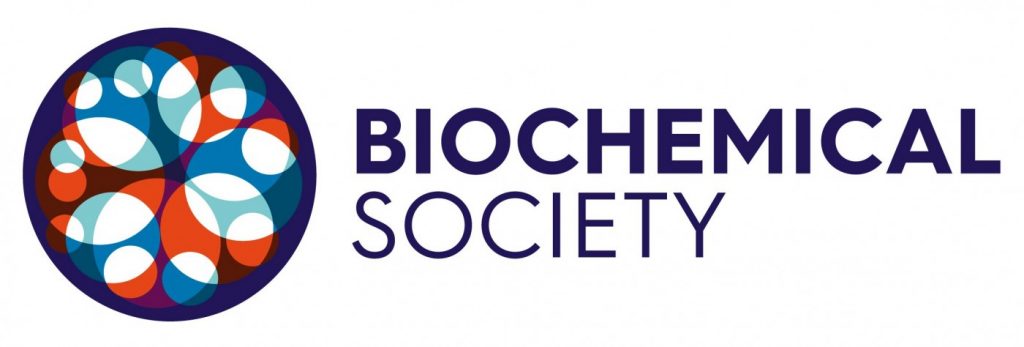

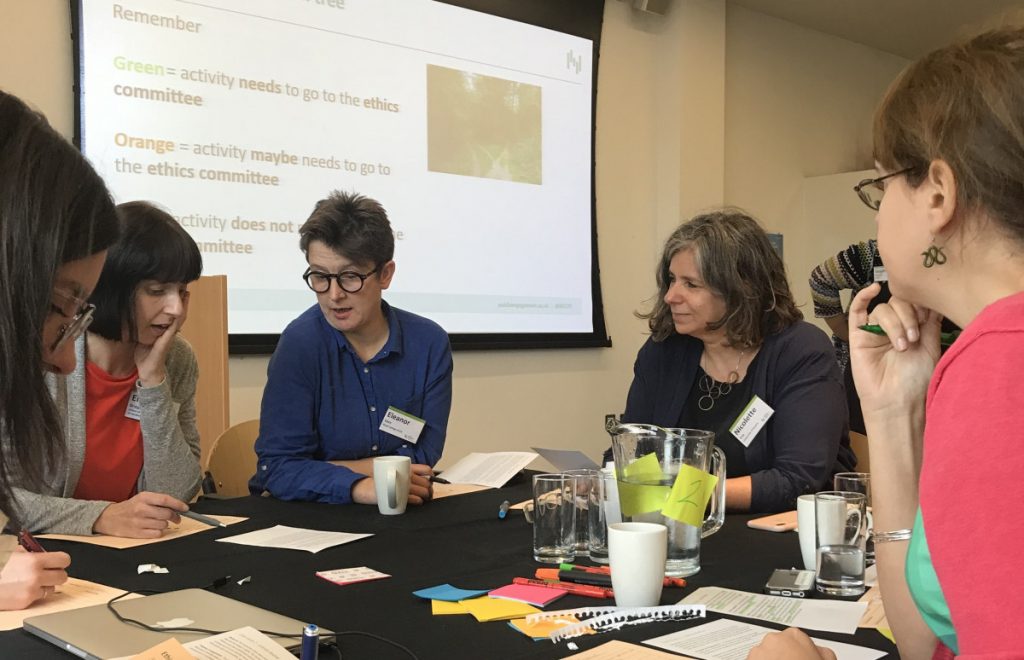
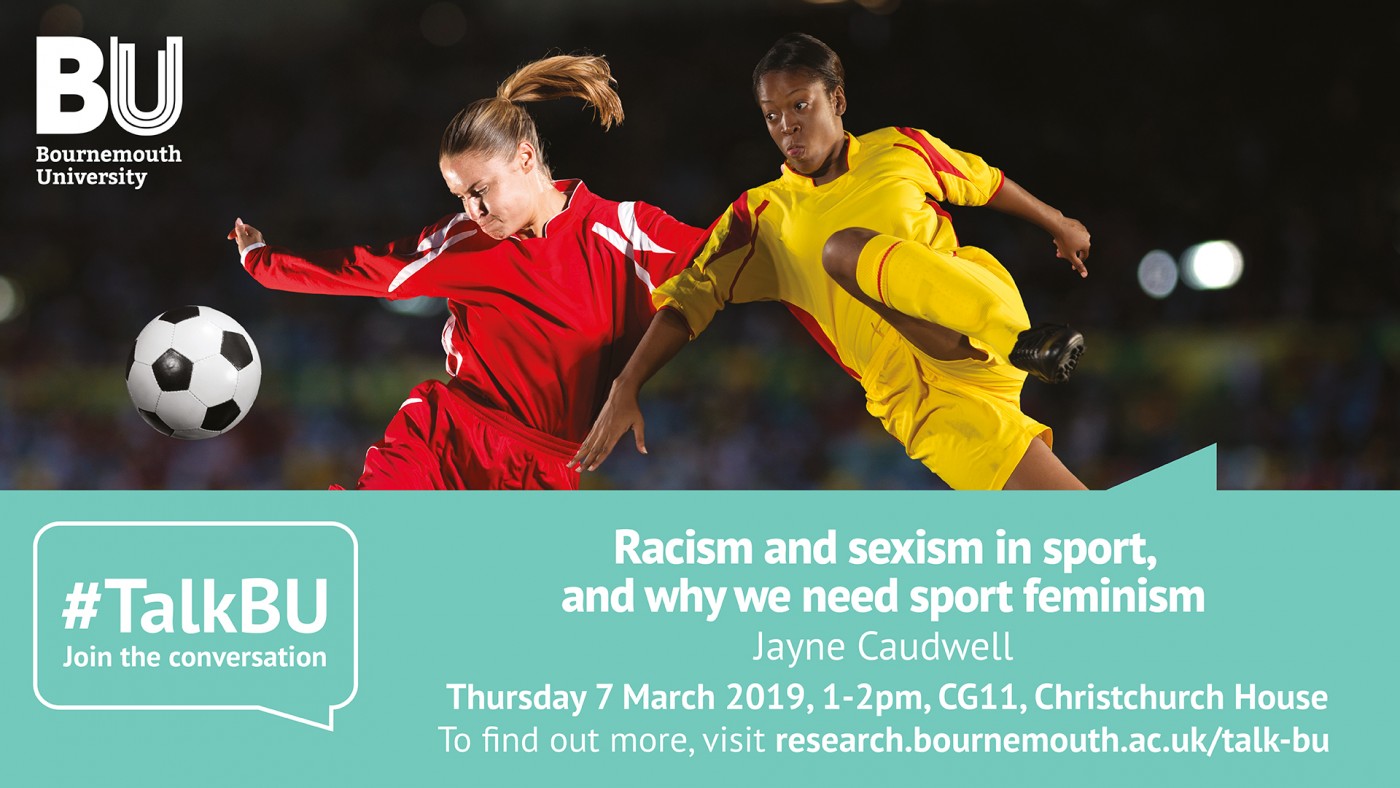 We will be joined by Jayne Caudwell at March’s #TalkBU session, who will be discussing racism and sexism in sport and why we need sport feminsim!
We will be joined by Jayne Caudwell at March’s #TalkBU session, who will be discussing racism and sexism in sport and why we need sport feminsim! Research England is interested in understanding how researchers think the research landscape (i.e. research outputs, impacts and the research environment) might change over the next 5 to 10 years, in order to inform their planning for future research assessment (post 2021). This survey is intended to collect information on these issues and is part of a wider study being conducted by
Research England is interested in understanding how researchers think the research landscape (i.e. research outputs, impacts and the research environment) might change over the next 5 to 10 years, in order to inform their planning for future research assessment (post 2021). This survey is intended to collect information on these issues and is part of a wider study being conducted by  The Participant Agreement Form has been updated, so if you are planning on submitting an ethics checklist and need to include a participant agreement form, please make sure you download and adapt the current version available from the
The Participant Agreement Form has been updated, so if you are planning on submitting an ethics checklist and need to include a participant agreement form, please make sure you download and adapt the current version available from the 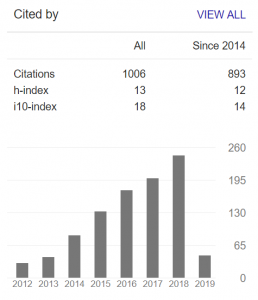

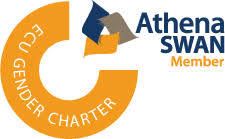 In the
In the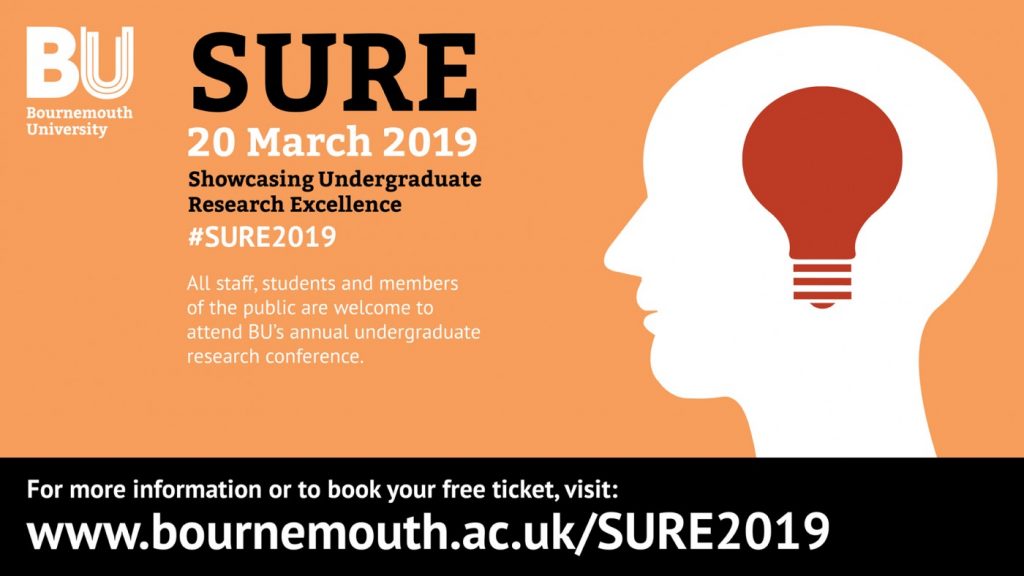











 BU Leads AI-Driven Work Package in EU Horizon SUSHEAS Project
BU Leads AI-Driven Work Package in EU Horizon SUSHEAS Project Evidence Synthesis Centre open at Kathmandu University
Evidence Synthesis Centre open at Kathmandu University Expand Your Impact: Collaboration and Networking Workshops for Researchers
Expand Your Impact: Collaboration and Networking Workshops for Researchers Visiting Prof. Sujan Marahatta presenting at BU
Visiting Prof. Sujan Marahatta presenting at BU 3C Event: Research Culture, Community & Can you Guess Who? Thursday 26 March 1-2pm
3C Event: Research Culture, Community & Can you Guess Who? Thursday 26 March 1-2pm ECR Funding Open Call: Research Culture & Community Grant – Apply now
ECR Funding Open Call: Research Culture & Community Grant – Apply now ECR Funding Open Call: Research Culture & Community Grant – Application Deadline Friday 12 December
ECR Funding Open Call: Research Culture & Community Grant – Application Deadline Friday 12 December MSCA Postdoctoral Fellowships 2025 Call
MSCA Postdoctoral Fellowships 2025 Call ERC Advanced Grant 2025 Webinar
ERC Advanced Grant 2025 Webinar Update on UKRO services
Update on UKRO services European research project exploring use of ‘virtual twins’ to better manage metabolic associated fatty liver disease
European research project exploring use of ‘virtual twins’ to better manage metabolic associated fatty liver disease